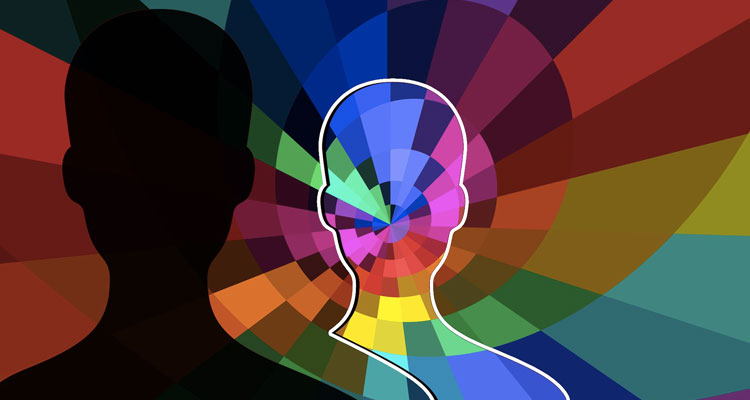
When it comes to mobile user experience, the field of psychology plays an important role by giving us relevant information about how we could design our mobile apps better, in order to create more value for our users. In this blog post, we list a number of mobile UX best practices that are extrapolated from research about the brain, the memory, motivation and visual system. By using some fundamental psychological principles, we can design mobile apps that are compatible with how people think and behave.

1. People don’t want to work or think more than needed
Please don’t make your users fill out forms and don’t present them a ton of text. I promise you: they won’t do it. Users are using mobile apps to make their life easier, not to make them work harder. Instead, design your app with simplicity – have clear and short workflows and concise messages. Have your users invest the least amount of effort to get a task done. Don’t waste their time!
2. Human memory is not reliable
Memories are always changing because people continuously reconstruct them. So don’t take user’s word for it, but instead observe their behavior in action. In addition to that, keep in mind that memory is fragile, so don’t make people remember things from one screen to another. Group relevant information in a way that is regular, concise and symmetrical.
3. People are social
All human beings are craving for social validation. This is the reason why reviews and ratings are very powerful on apps. And this is the reason why Facebook is successful. Also, when designing your mobile user experience, take into account the reciprocity – that means that users will feel indebted after you did them a favor – for example, you could give them something they want and they will fill out a form for you afterward.
4. Unconscious decisions influence physical actions
Be aware of the way you frame your content. This directly affects unconscious decision making. Our emotional brain (which influences our decision-making process) is easily affected by words, images, colors and stories. That’s why design is important. Most mental processing occurs unconsciously.
Additionally, committing to a small action (e.g. downloading a mobile app) makes it more likely for a user to commit to a more complex action (e.g. sign up for a membership).
5. People love information
They crave information and want more than they can actually process. Information gives them feeling that they have more options, more choices and this makes them feel in control. Provide them feedback. If there’s a spinner loading on your screen, tell them what’s going on behind the scenes (wrapped in a beautiful and suggestive story, of course).
When it comes to designing your mobile user experience, always keep in mind these psychological aspects. Try and take advantage of the unconscious processing that happens in your users’ minds and leverage this in order to create a beautiful and lovely mobile product.